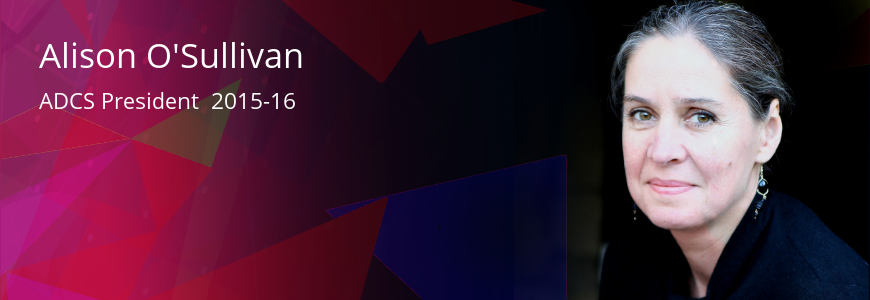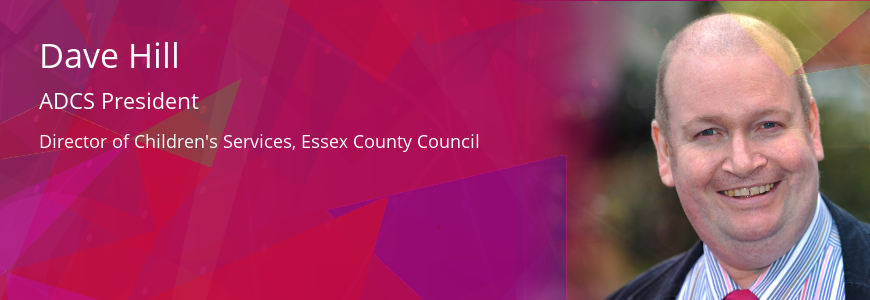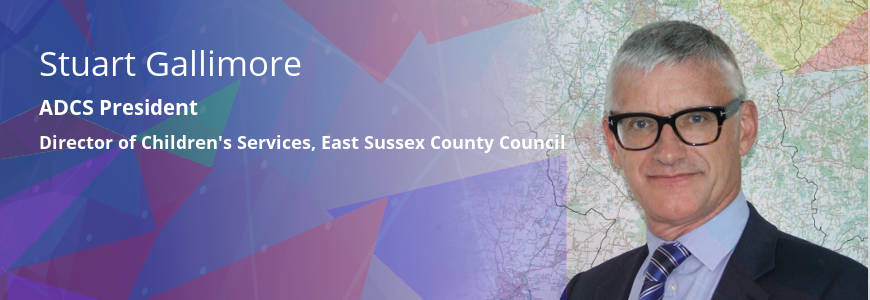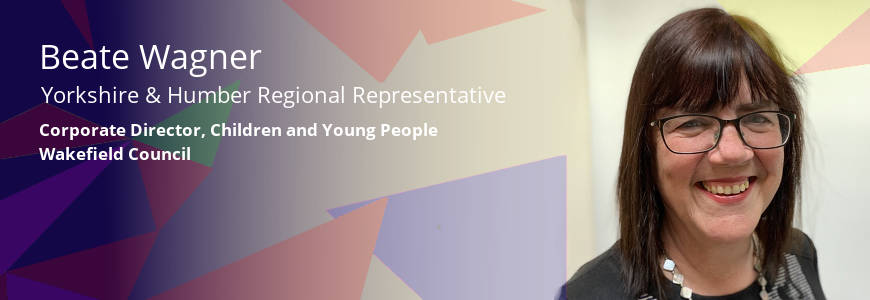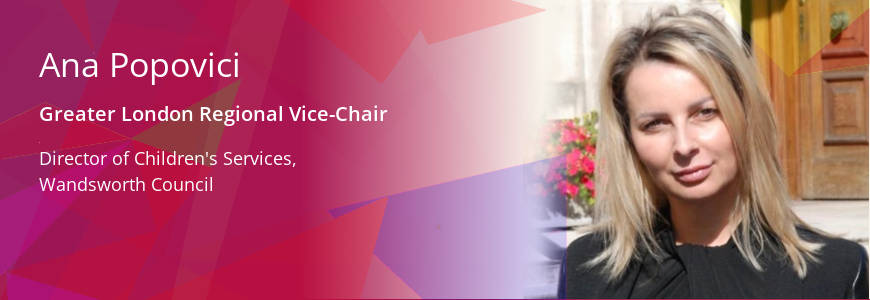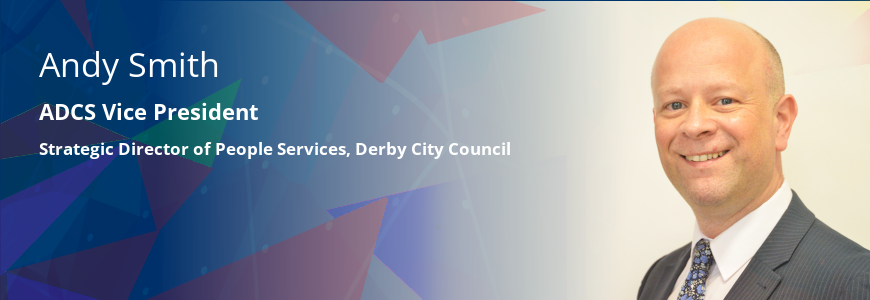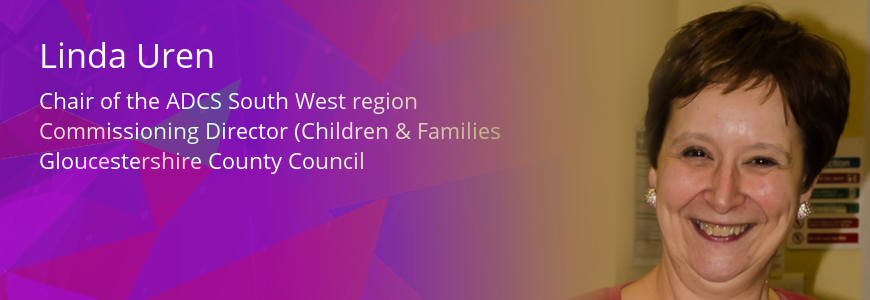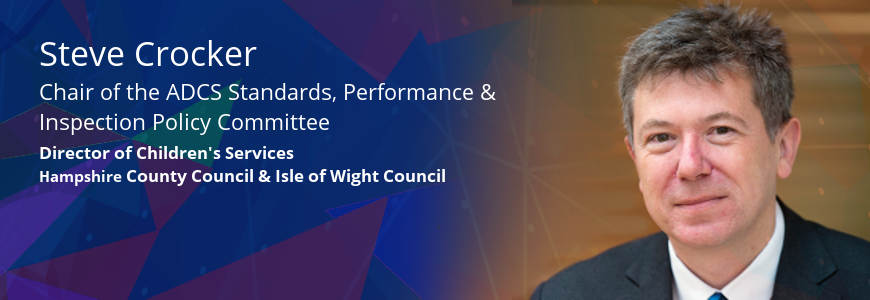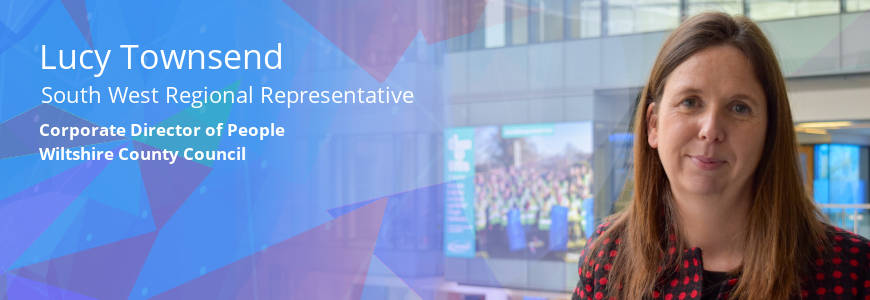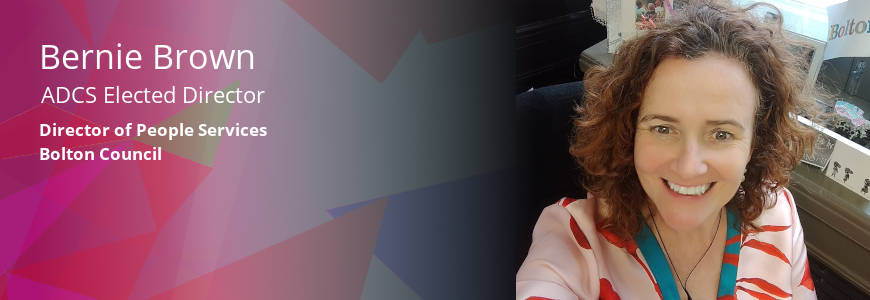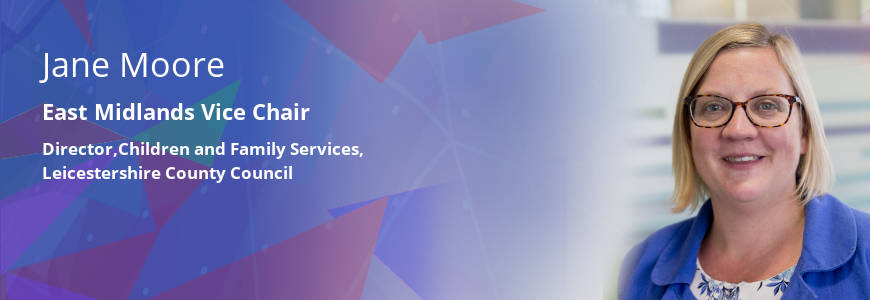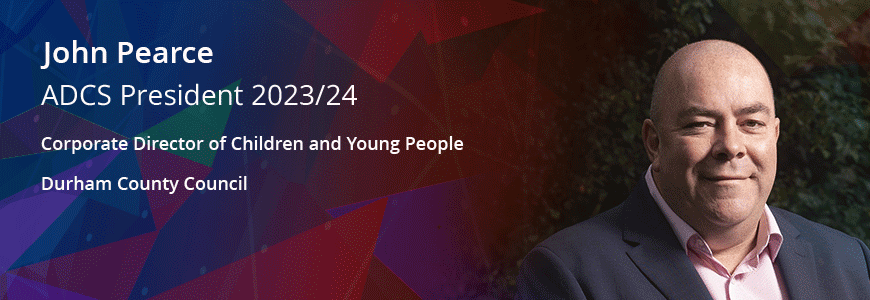‘Unregulated’ schools
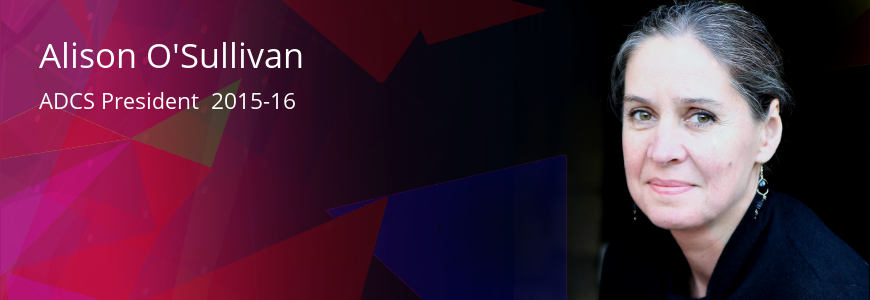
In the last week, I had a really interesting series of meetings with Dave Hill, Executive Director for People Commissioning, Essex County Council (and Vice President of ADCS) with other directors from Yorkshire and Humber, East Midlands and Greater London regions.
These regional conversations are really useful as they give us a shared insight into the valuable work being done between local authorities across England.
The discussion covered various topics including sector led improvement arrangements - which draw upon the wealth of expertise, the challenges we collectively face and the quality of services we commission or deliver direct.
We talked about initiatives taking place around workforce planning, the use of agency staff, leadership development, succession planning, emerging national policies and regional priorities.
But one concern which is emerging in several places is that of regulation – or lack of it - of independent schools and some settings in which care and support are provided.
Firstly in relation to schools, there is a growing focus up and down the country on the relationship with supplementary schools, independent schools and ‘unregulated’ schools (or illegal schools).
You may have read in the media this week that the Department for Education (DfE) is looking into allegations that some schools deliver teachings that go against British values.
It is a criminal offence to run unregulated schools, which must be registered with the DfE, and it is the responsibility of local authorities to make sure schooling in their area is providing suitable education for young people.
Unregulated schools are often out of view as they teach only a limited amount of hours per week – this understandably remains an area of concern.
So much so that the DfE has recently expressed concerns that unregulated schools are too easy to set up and are not being monitored closely enough.
Many areas have developed good working relationships with supplementary schools and madrassahs. In Kirklees (where I am Director for Children and Young People Services), these relationships have been developed over a number of years. Clear expectations have been set in terms of safeguarding as well as structured support given to ensure the right measures are in place to ensure that children are safe. But this is entirely voluntary.
Local authorities work hard to develop and maintain relationships with independent schools which operate in their area and LAs closely monitor the emergence of illegal schools.
But there are very few regulatory expectations or levers which can be used if there are concerns about how such schools are operating.
Work being undertaken to tackle extremism and radicalisation has heightened the need to ask questions about whether more regulation might be necessary. In some cases where authorities are concerned about the physical safety of young people, the only recourse that they have is the use of fire or health and safety regulation. There is very little that can be done to intervene where there are real concerns about the quality of teaching or the safeguarding environment.
Equally, there are worries about some areas of the care and support sector which fall outside of the regulations which apply to care homes. So for example there is little regulation for supported living arrangements.
Of course we always have to strike a balance. We are quick to complain about excessive constraint by over regulation and it is important that we don’t cramp the ability of providers in any setting to respond flexibly in meeting need – especially around safeguarding. That said, it would be timely for us to have a careful think about some of these arrangements which are currently on the periphery of, or outside of regulation and consider whether we are doing enough to make sure children are safe, well cared for and well educated. Also importantly, whether there is a need for a proportionate approach to the introduction of new regulation.
Related Blog Articles
Last month the research agency Childwise released statistics which showed that...
In Safeguarding & Child Protection
I was in a fascinating conversation with a policy type this week, apparently we...
In General
Firstly, can I start by wishing everyone a Merry Christmas and all the best for...
In General
We are talking about little else at the moment, but I am not talking about...
In General
It truly is a privilege to be a public servant, and together with colleagues and...
In Care
It’s the day after Boxing Day as I write this blog and whilst I hope many of...
In Care
This is my last ADCS blog as I'm retiring today! So I feel I'm allowed to...
In General
‘How on earth do you manage to sleep at night?’ This was a question I was...
In General
‘We lay the foundations so they can soar’, said Anna, our retiring Virtual...
In Youth Justice & Secure Estate
As I write this, the political merry go round is in full swing and the former...
In General
In preparing for this blog, I re-read Charlotte Ramsden’s final blog as ADCS...
In General
I hope you’ve all had a decent Christmas and New Year break. If you are an...
In Care
What has struck me in the midst of this crisis is the strength of our sector....
In General
Three weeks ago today, a generation of children who have spent around a third of...
In Education
As we come to the end of another academic year, I thought it was timely to focus...

